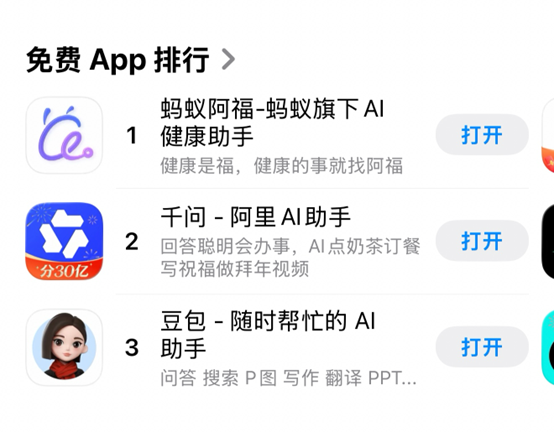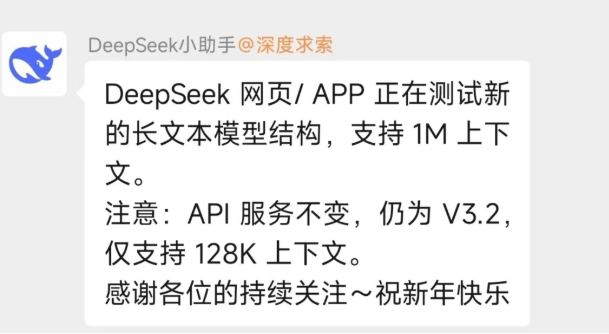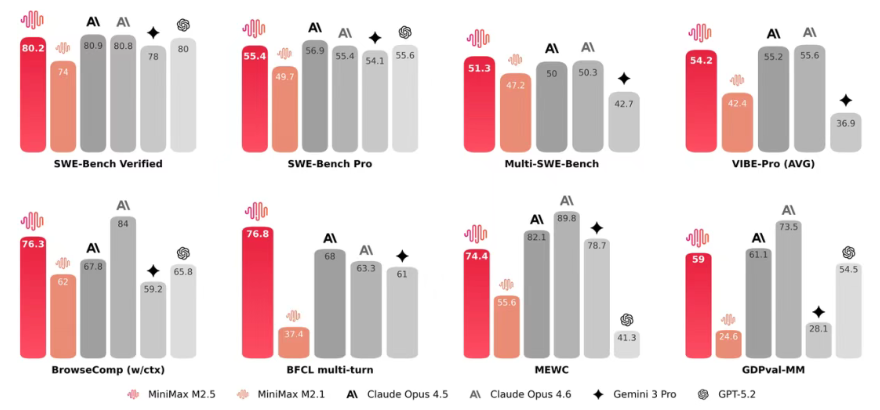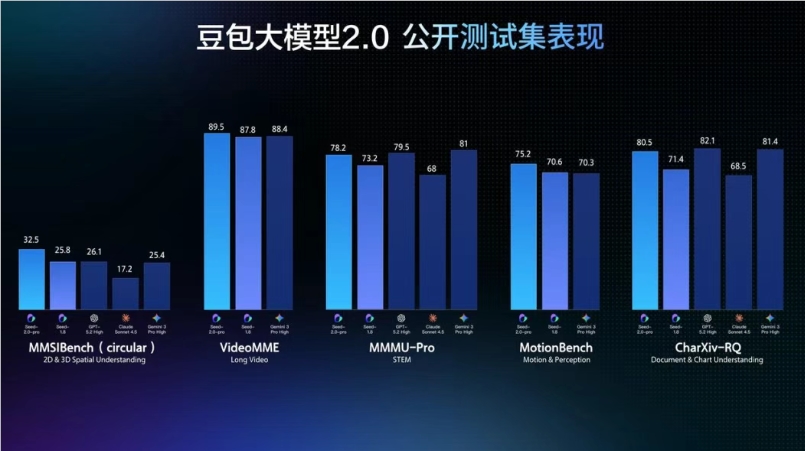AI Companions Gain Popularity: 60% Don't See It as Cheating, Study Finds
A new study by Match Group highlights the shifting landscape of relationships in the digital age. According to their latest findings, artificial intelligence companions are emerging as viable options for emotional connection, challenging traditional notions of romance and fidelity.
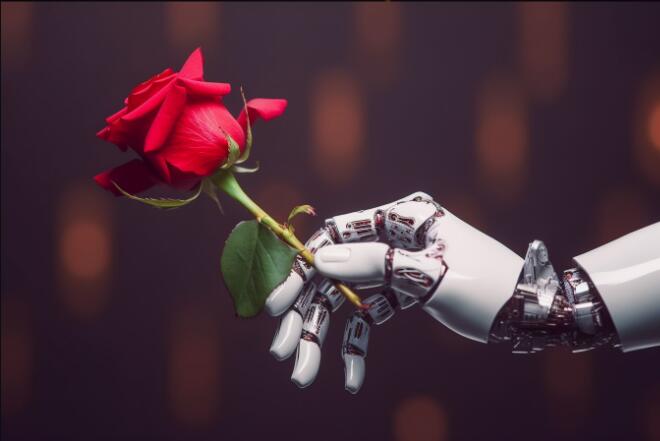
The Rise of AI Relationships The report shows that 16% of surveyed singles have entertained the idea of robots as romantic partners. What makes these digital companions appealing? Many participants claimed the emotional support from AI surpasses human interactions, particularly in today's fast-paced world where loneliness has become increasingly common.
Redefining Infidelity Perhaps more striking is the revelation that 60% of respondents don't consider having an AI girlfriend or boyfriend as cheating. This statistic signals a fundamental shift in how society perceives relationships. AI companions offer constant availability and can be precisely tailored to individual preferences through sophisticated algorithms - advantages that human partners often struggle to match.
Beyond Romance: Mental Health Applications Platforms like Replika demonstrate the broader potential of AI companionship. These applications use natural language processing to simulate meaningful conversations, helping users combat loneliness and even reducing suicidal ideation in some cases. The technology appears particularly effective for those who struggle with traditional social interactions.
However, psychologists sound a note of caution. While AI companions fill an important gap, over-reliance might exacerbate social isolation in the long term. Privacy concerns also loom large - how much personal data should users share with these algorithms? And what ethical boundaries should developers respect when creating artificial intimacy?
The Match Group study has ignited debate about the future of human connection. As technology continues evolving at breakneck speed, society faces difficult questions: Where should we draw the line between healthy digital companionship and problematic escapism? How will these artificial relationships affect our ability to connect with fellow humans?
These discussions couldn't be more timely. With major tech companies investing heavily in relationship-focused AI, understanding both the promise and perils of this technology becomes increasingly urgent.
Key Points
- 16% of singles consider AI companions as potential romantic partners
- 60% don't view relationships with AI as infidelity
- AI provides consistent emotional support unmatched by human interactions
- Experts warn about potential social isolation and privacy risks
- The technology shows promise for mental health applications
